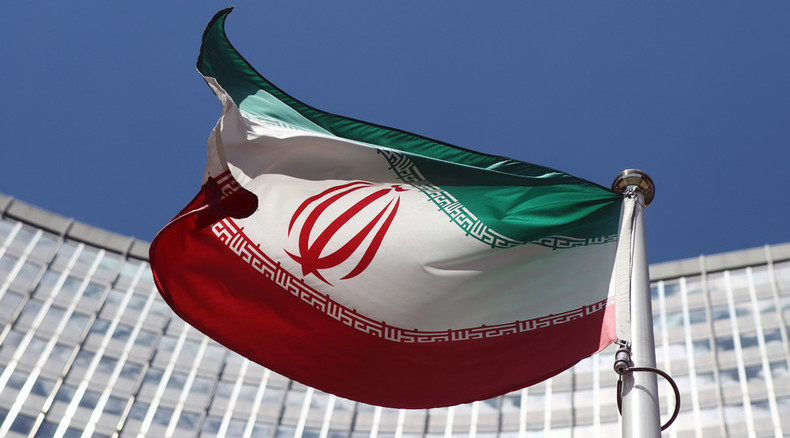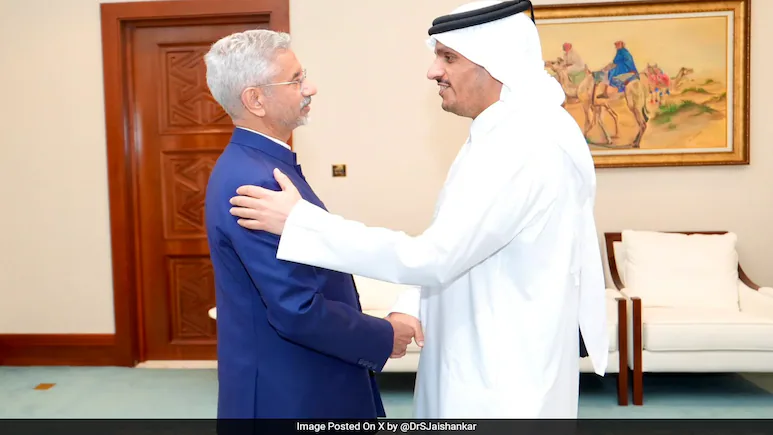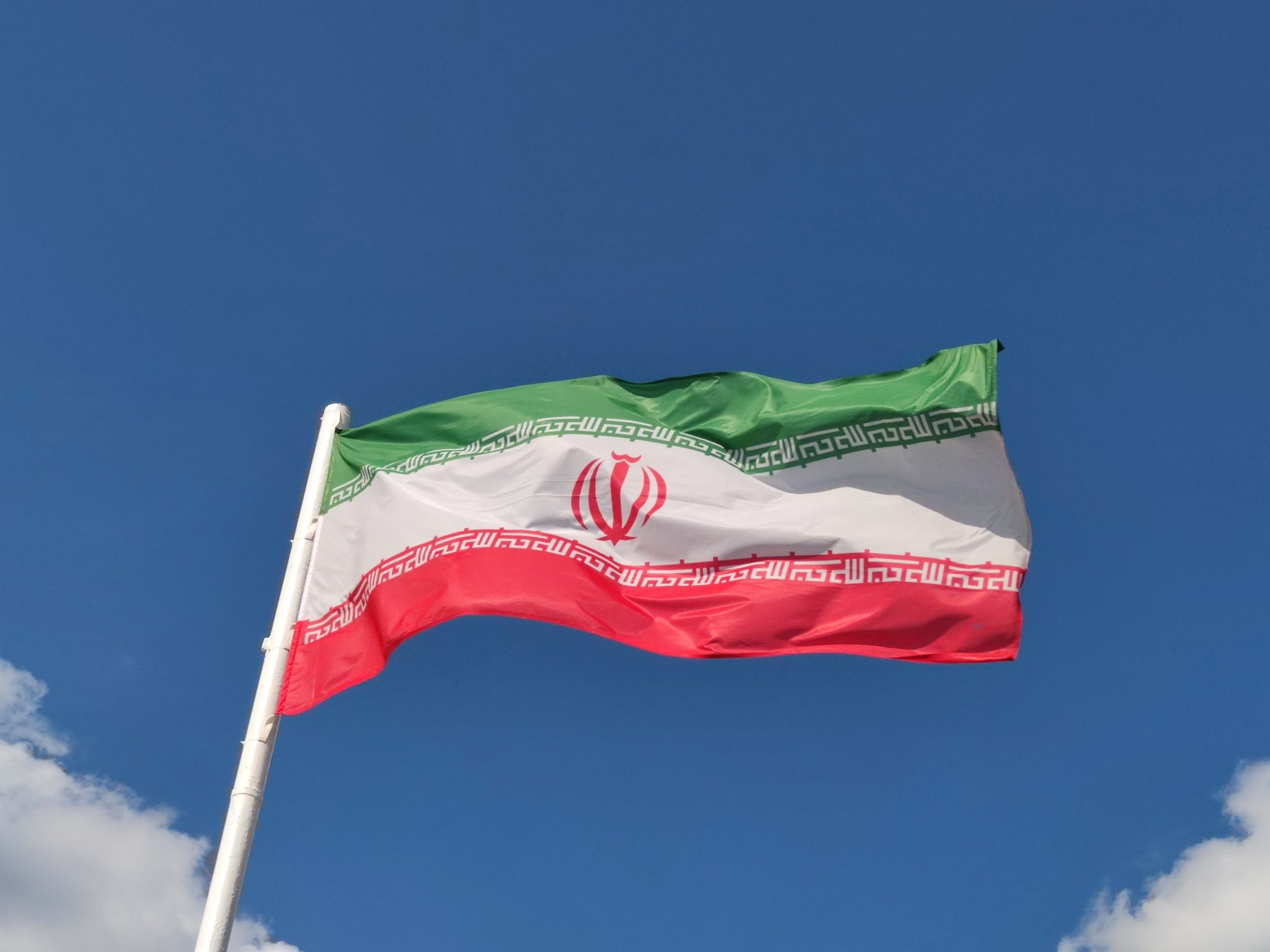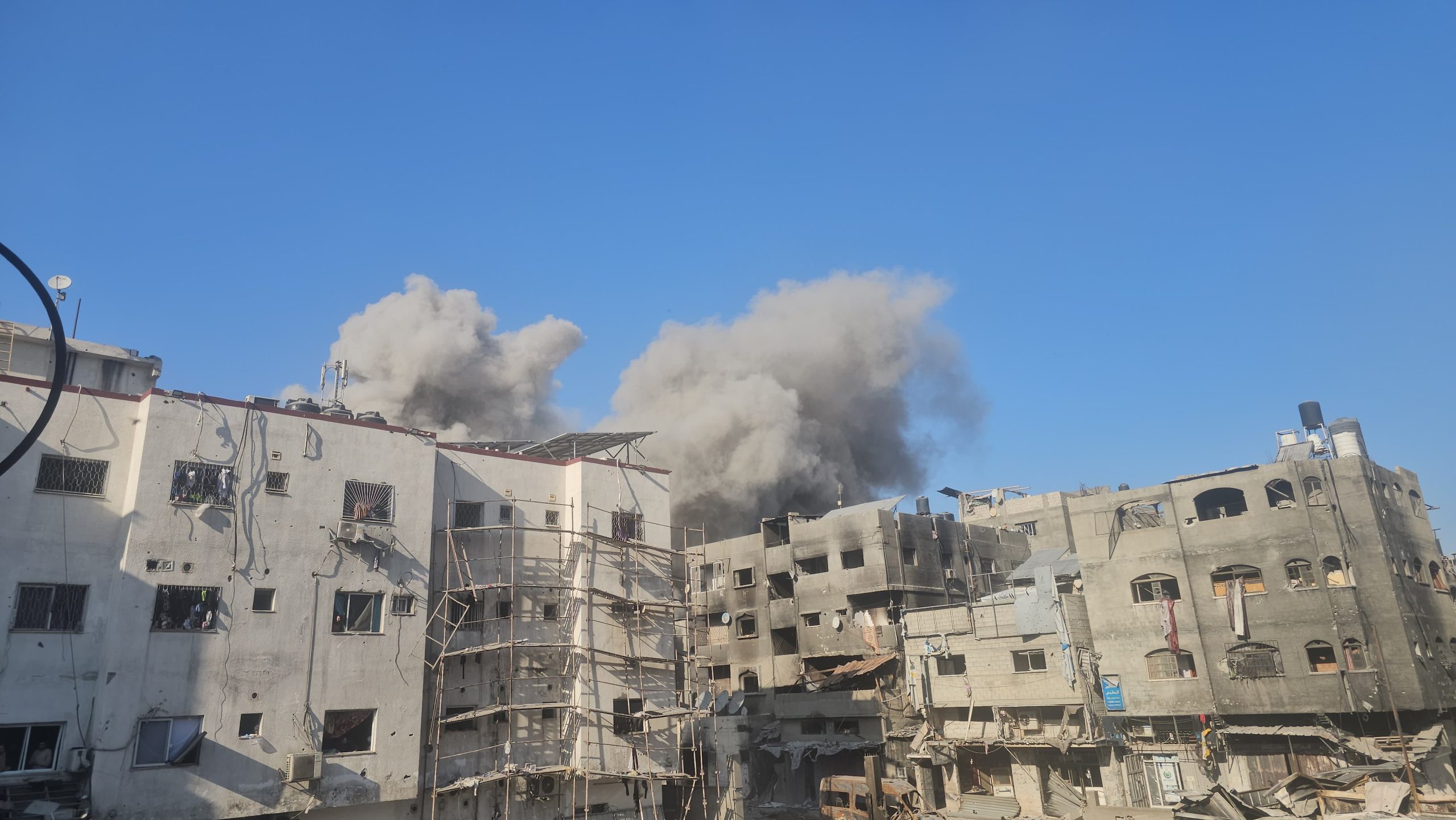Gulf countries are being encouraged to lead a more active role in the negotiations as the EU’s role as mediator “reaches its limit,” a source familiar with the talks said.
Indirect talks between Iran and the United States about securing the revival of the 2015 nuclear accord are likely to resume following US President Joe Biden’s visit to the region in July, reports said, after an intense round of two-day talks in the Qatari capital last week.
Although the latest discussions bore little progress, two European diplomats with direct knowledge of last week’s negotiations said efforts to restore the deal were expected to be carried on “beyond the July deadline suggested by the UN nuclear watchdog,” Bloomberg reported.
A third person familiar with the talks disclosed that efforts could continue in Doha following Biden’s trip.
Biden is scheduled to visit Riyadh for a high-profile summit with the Gulf Cooperation Council (GCC) states, where he is expected to meet with leaders of the bloc, Press Secretary Karine Jean-Pierre announced in June.
Biden will begin with Israel on 13 July before then moving on to the Saudi capital where he will be attending a GCC+3 summit.
Shortly after the talks ended in Doha, Mohammad Marandi, an advisor to the Iranian negotiating team in Vienna, said negotiations about outstanding disputes over the nuclear accord have not “failed and the negotiations will continue.”
He went on to describe the Doha talks as a “focused negotiation.”
Meanwhile, a source familiar with the negotiations said the Doha talks were largely centred around “oil sanctions,” as well as Tehran’s access to finds blocked in South Korea, sanctions on airlines, and the removal of “penalties on the business operations of the Islamic Revolutionary Guard Corps (IRGC),” Bloomberg said.
The removal of sanctions on the IRGC is a sticky point and considered “very unlikely to be agreed” upon, however the remaining points raised were considered attainable, the source said, according to Bloomberg.
Iranian Foreign Minister Hossein Amirabdollahian said on Friday his country remains determined to continue negotiations with “strength and logic.”
“The realism of the United States and obtaining a lasting guarantee of Iran’s full economic benefit from the agreement could yield fruitful negotiations.”
Tehran’s UN Ambassador Majid Takht Ravanchi told the UN Security Council on Thursday that the Iranian “negotiating team is ready to engage constructively again to conclude and reach agreement.”
Ravanchi described the Qatar talks as “serious and positive,” which also echoes similar sentiments shared from the Iranian side.
He added Iran will reach out to the European Union coordinators “for the next stage of talks,” according to Al Jazeera.
Some, however, voiced concerns over the failure to witness a successful finalisation of salvaging the nuclear deal, also known as the Joint Comprehensive Plan of Action (JCPOA).
“I am concerned that we might not make it over the finishing line. My message is: Seize this opportunity to conclude the deal, based on the text that is on the table,” European Union Ambassador to the United Nations Olof Skoog said.
Chinese and Russian diplomats have also criticised Washington, with Beijing’s representative urging the White House to “ease unilateral US sanctions on Iran and Russia’s calling for all sides to show flexibility.”
“It is indeed the [Trump] policy of maximum pressure on Iran, which the US administration continues to embrace, that this is the main cause of all of the current problems plaguing the JCPOA,” Russia’s Deputy UN Ambassador Dmitry Polyanskiy said.
The United Nations urged the Islamic Republic and Washington to work with the current momentum to reach a deal, UN political affairs chief Rosemary DiCarlo said.
The US foreign policy approach to the Middle East regarding stability attainment has predominantly been centred around containment of and confrontation with Tehran.
Washington unilaterally abandoned the JCPOA in May 2018 under the Trump administration’s “maximum pressure” campaign on Tehran. In turn, the US restored crippling sanctions, prompting Tehran to abandon restrictions on its nuclear programme about a year later.
The nuclear deal revival
The Biden administration has been more open to engaging with Iran, in direct contrast to its predecessor. In a bid to bring the nuclear file back on track, Washington placed curbs on Iran’s nuclear programme in return for billions of dollars worth of sanctions relief, which Tehran insists it has never received.
Iran’s negotiating team stressed grievances over an International Atomic Energy Agency (IAEA) censure issued over Tehran’s “lack of cooperation with monitors,” according to one of the European diplomats, Bloomberg said.
The IAEA in early June adopted a resolution criticising Tehran for its refusal of providing “answers about uranium traces at three undeclared sites,” reports said.
The 35-member IAEA Board of Governors passed the resolution brought by the US, UK, Germany and France with 30 votes in favour.
The resolution calls on Iran to “act on an urgent basis to fulfil its legal obligations and take up immediately the IAEA director general’s offer of further engagement to clarify and resolve all outstanding safeguards issues.”
Tehran has already warned against the “anti-Iran resolution” and vowed a “proportionate” response.
Tehran has always maintained its argument that its uranium enrichment is to manufacture radiopharmaceuticals for use in the country’s medicinal sector, slamming alleged arguments of its development of a nuclear weapon.
“While IAEA investigators can report with a high degree of certainty that Iran isn’t diverting any of its declared nuclear material, there’s less conviction about what’s been happening inside the country’s centrifuge workshops,” said other European diplomat.







